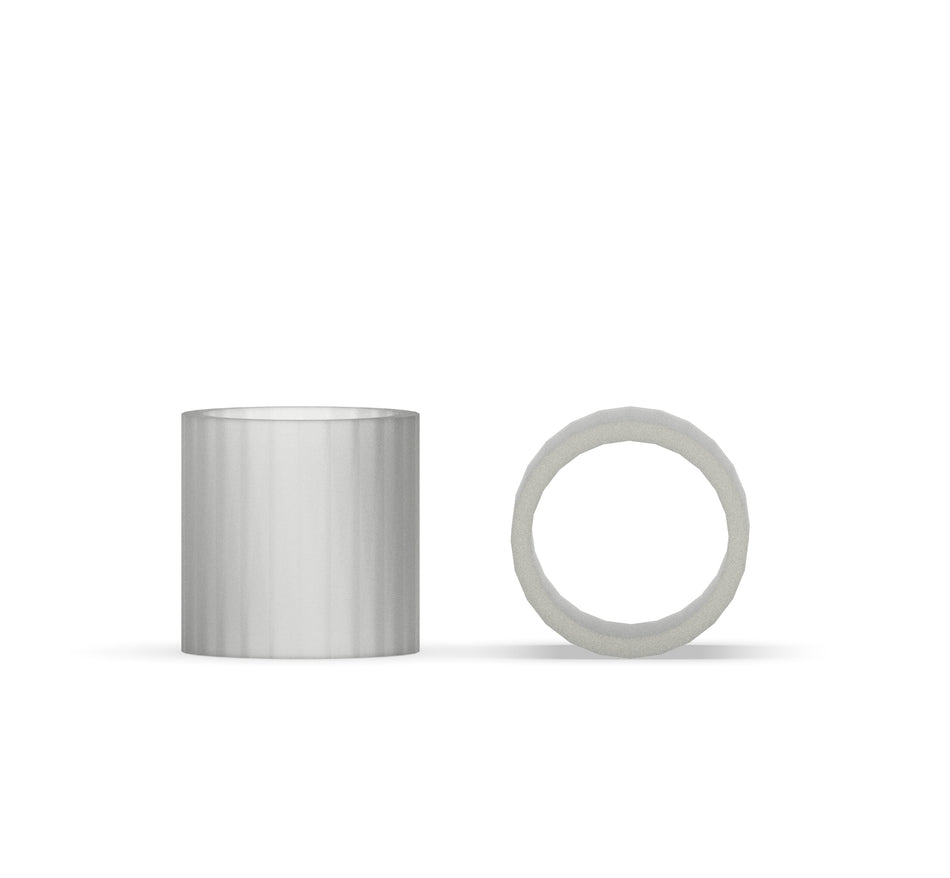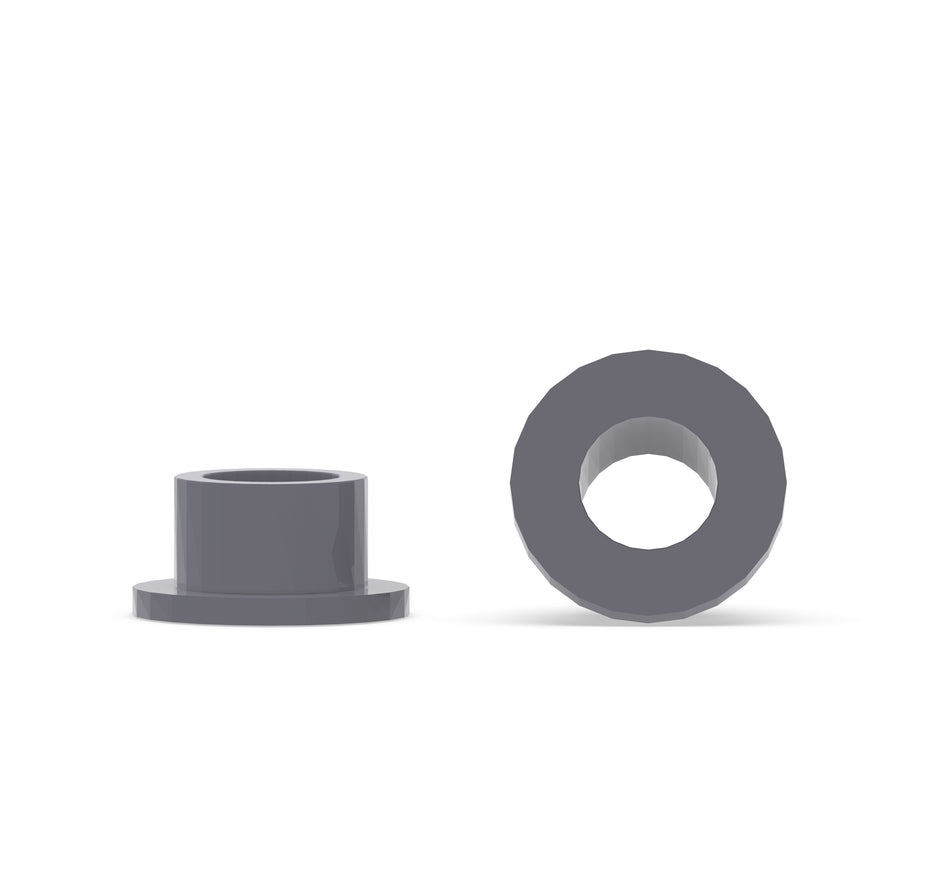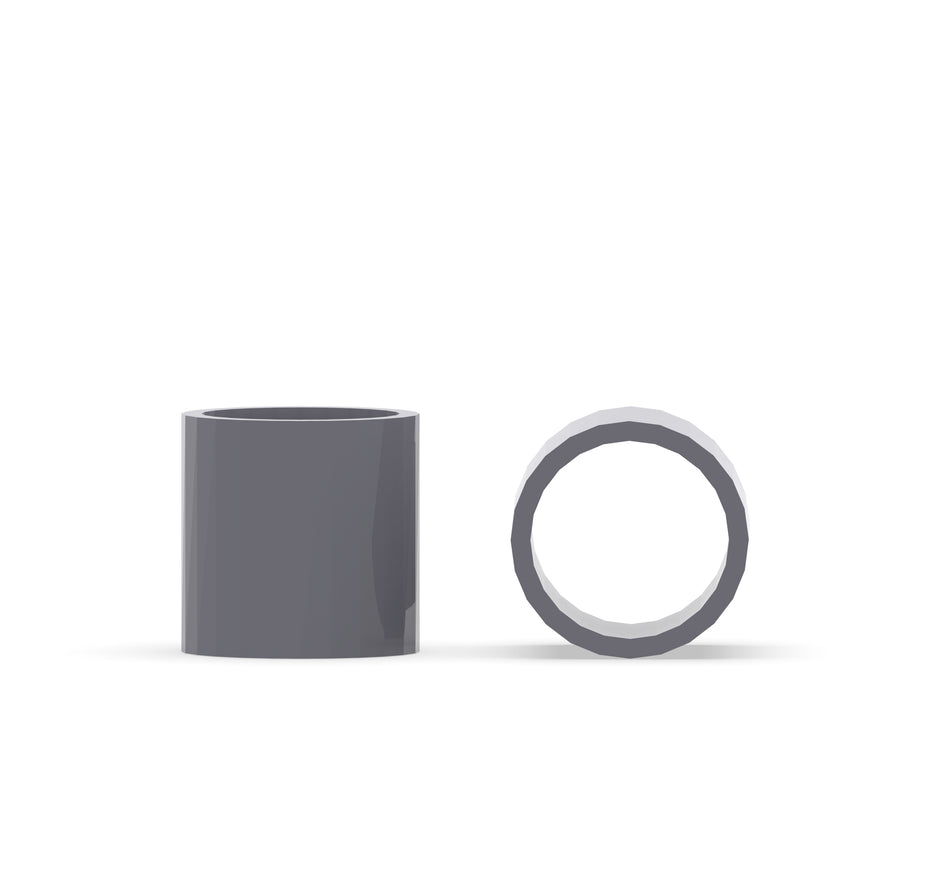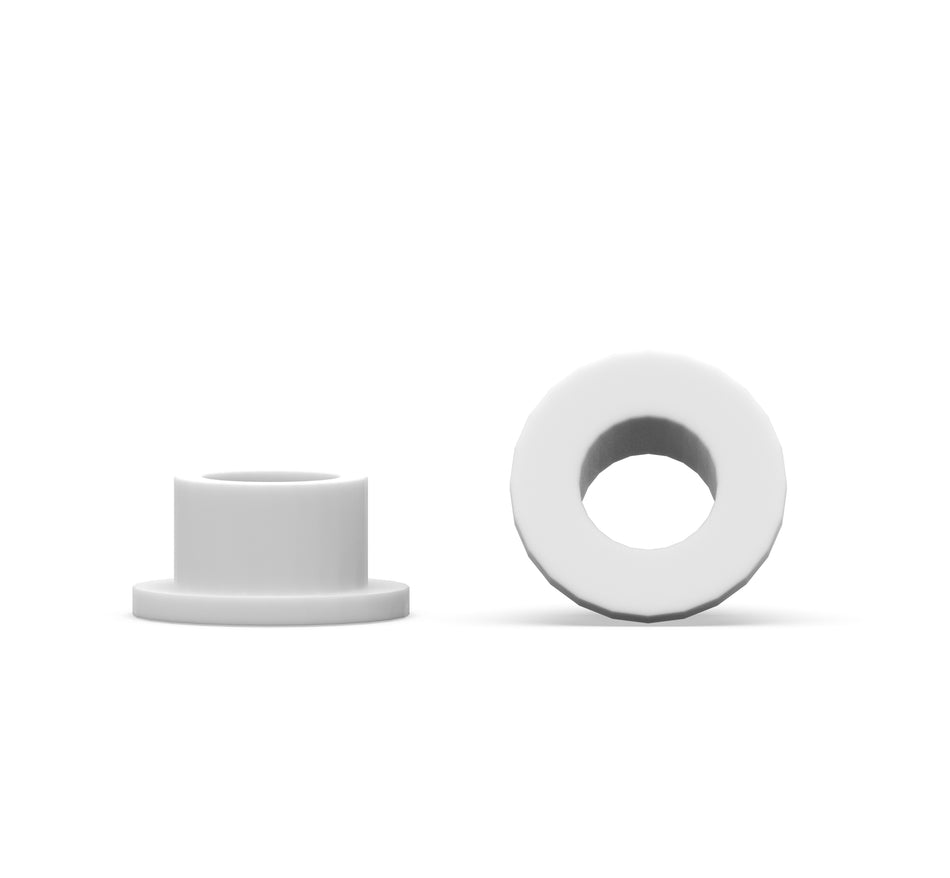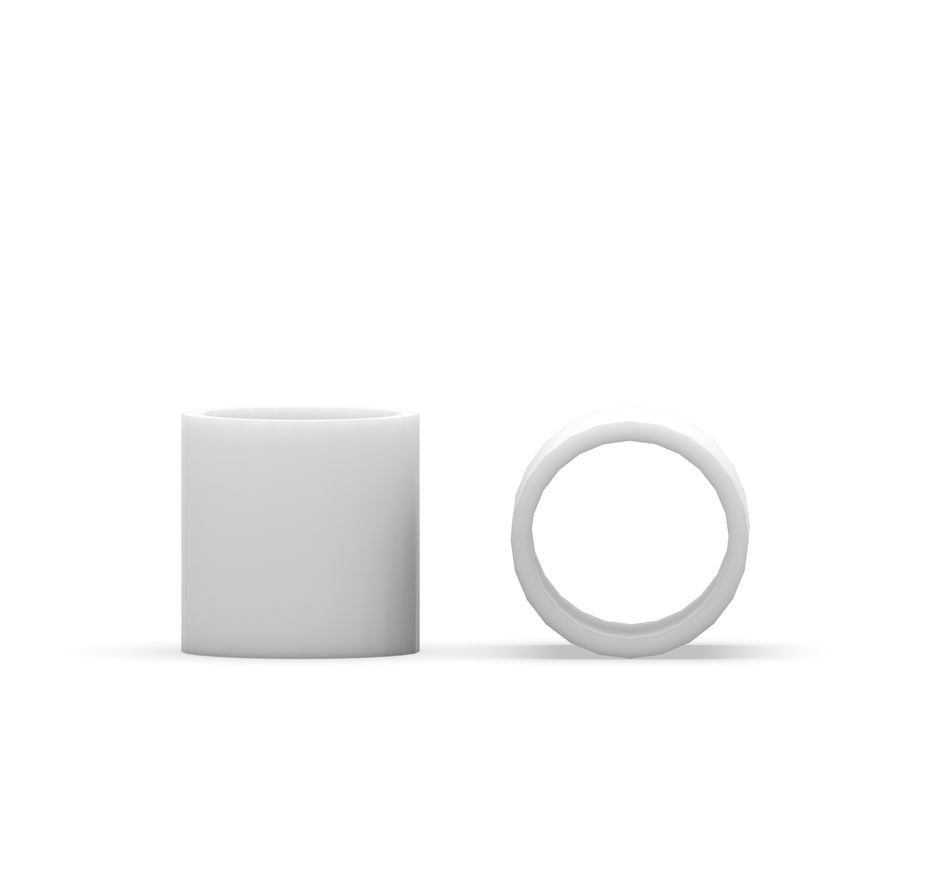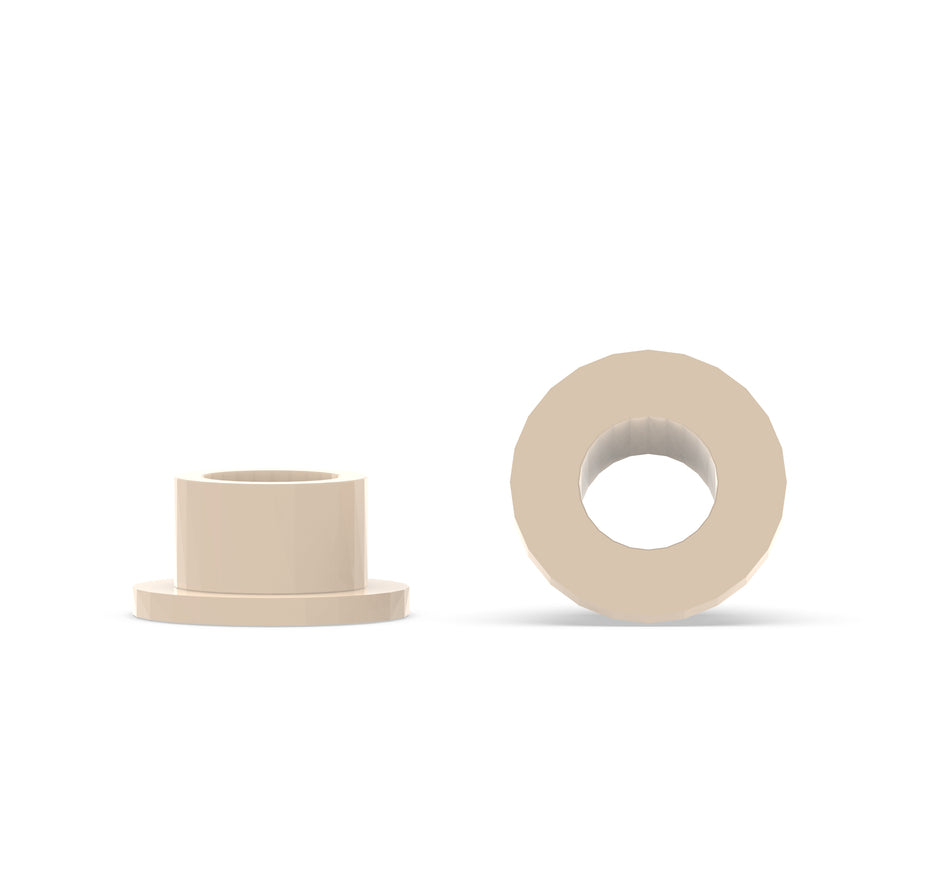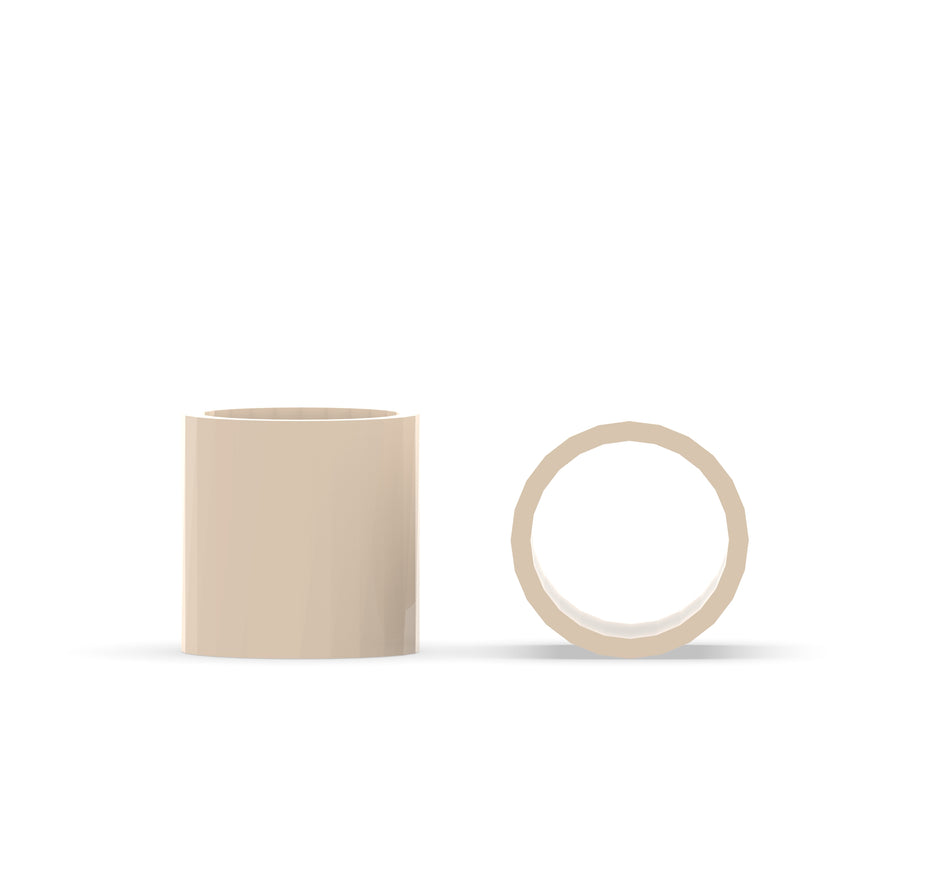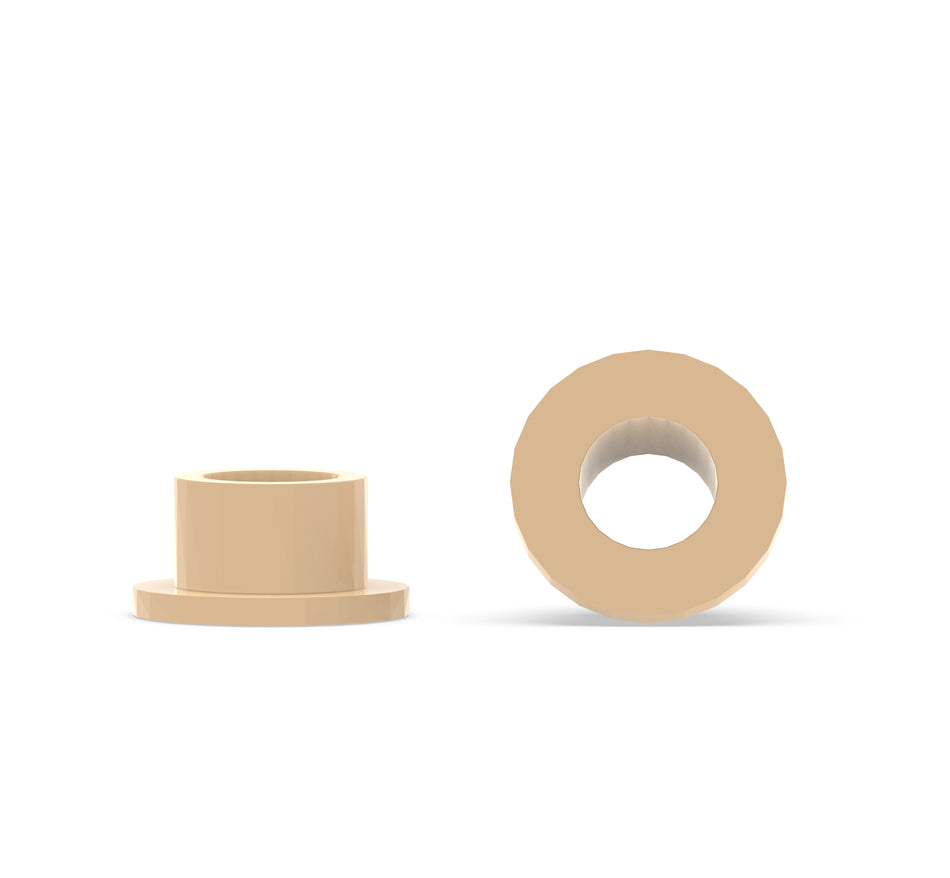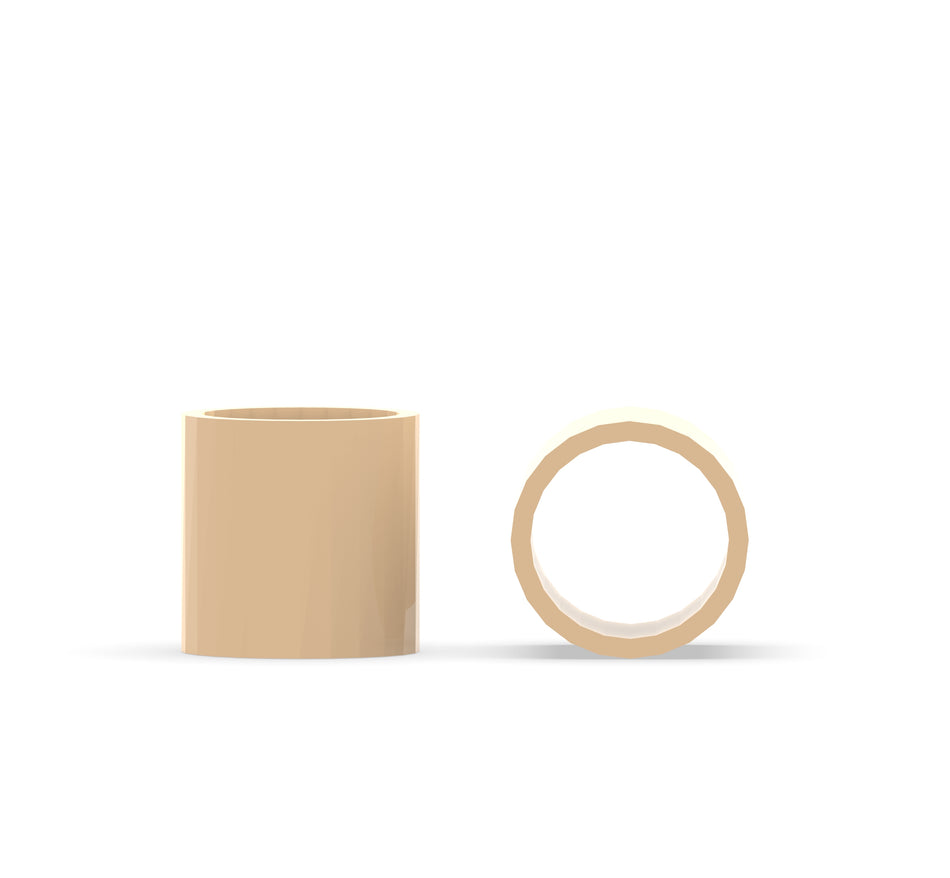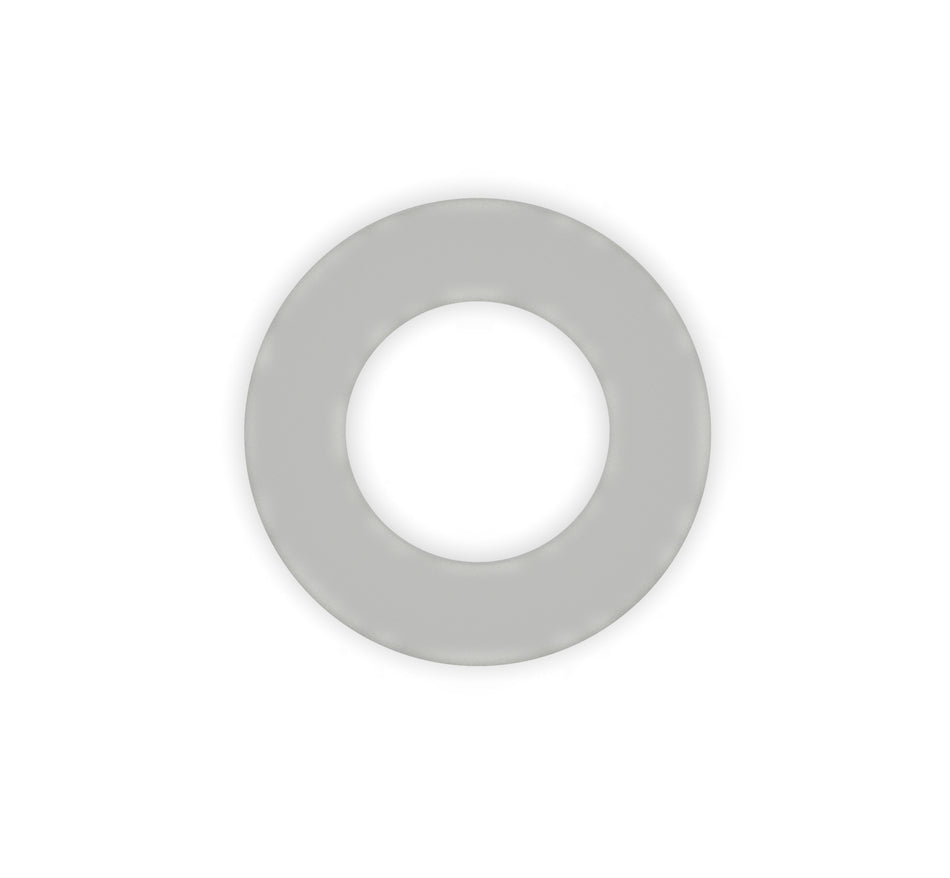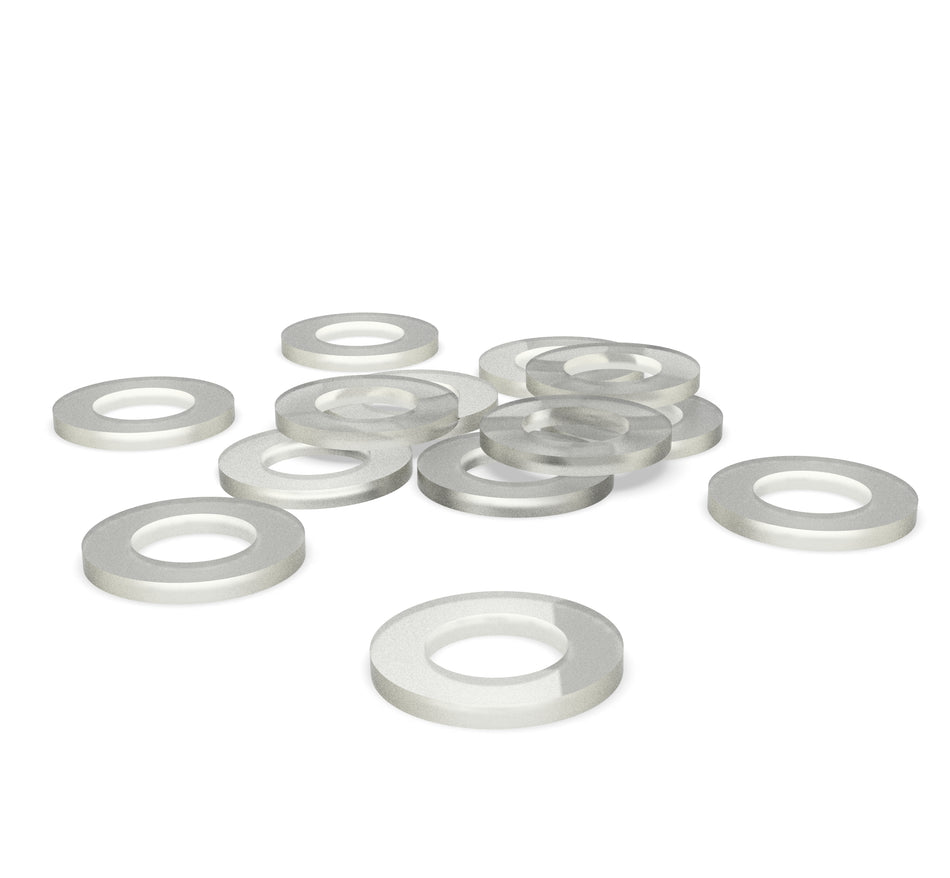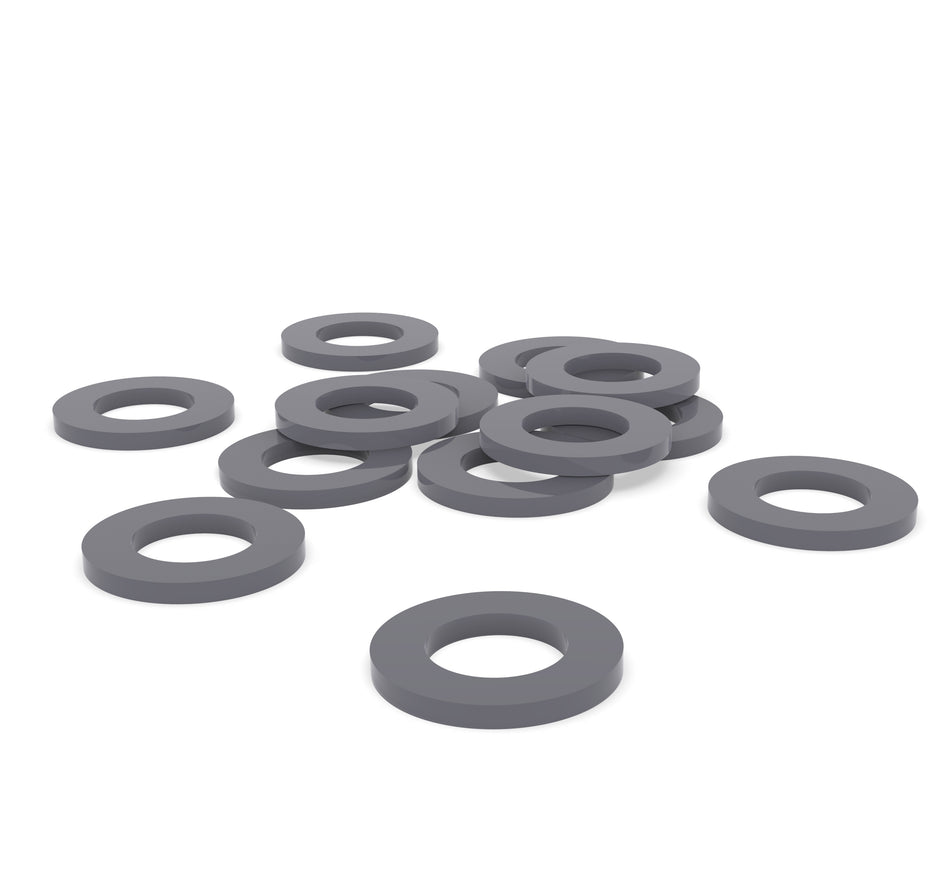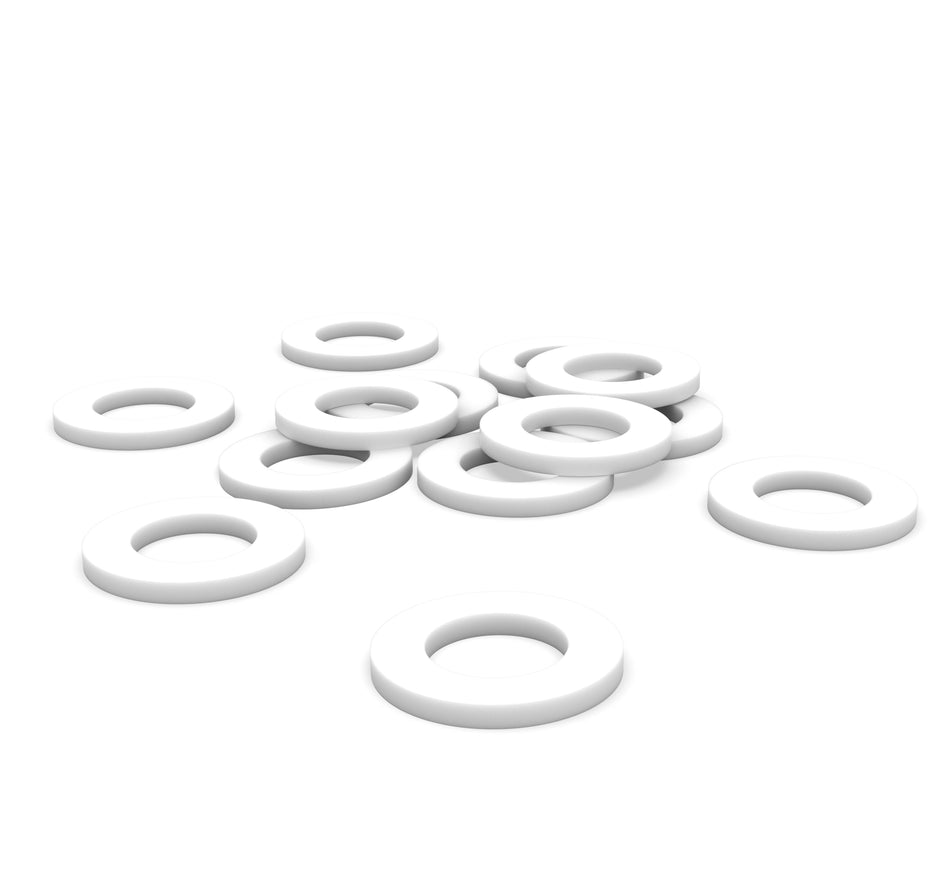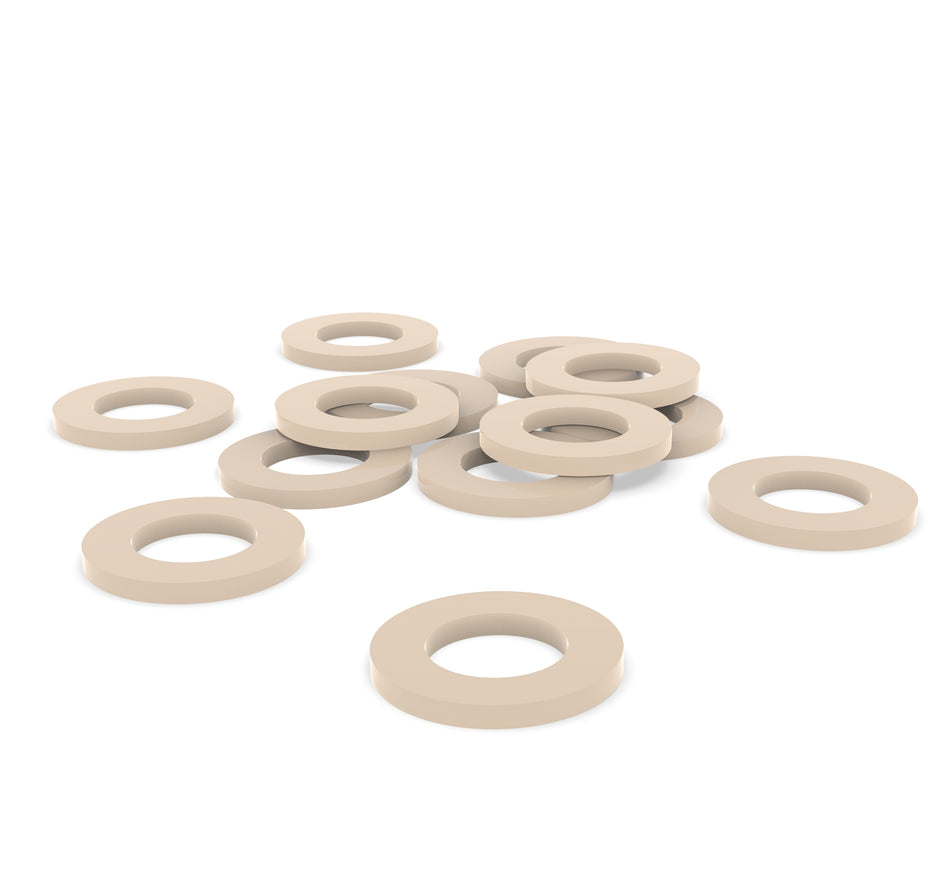180 produits
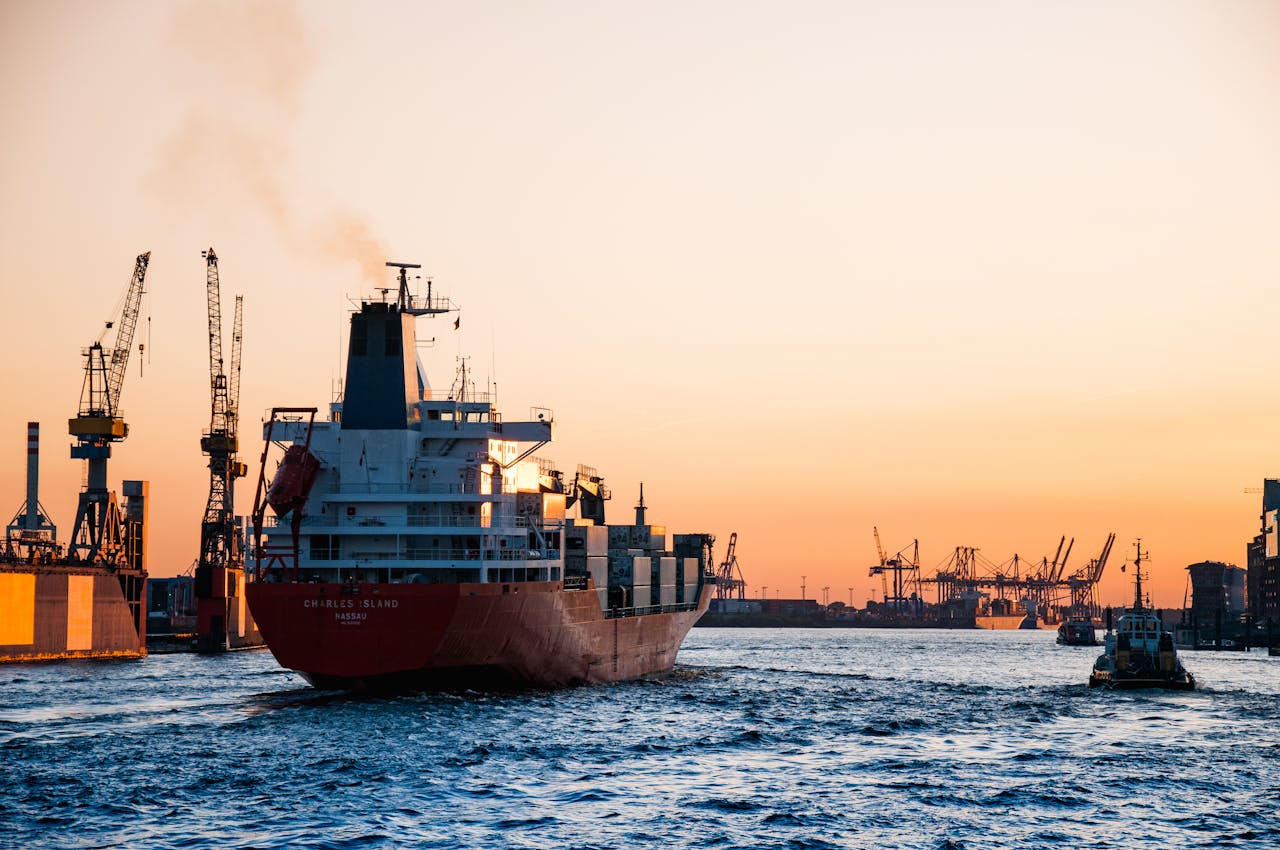
Why Are Corrosion Resistant Fasteners Needed?
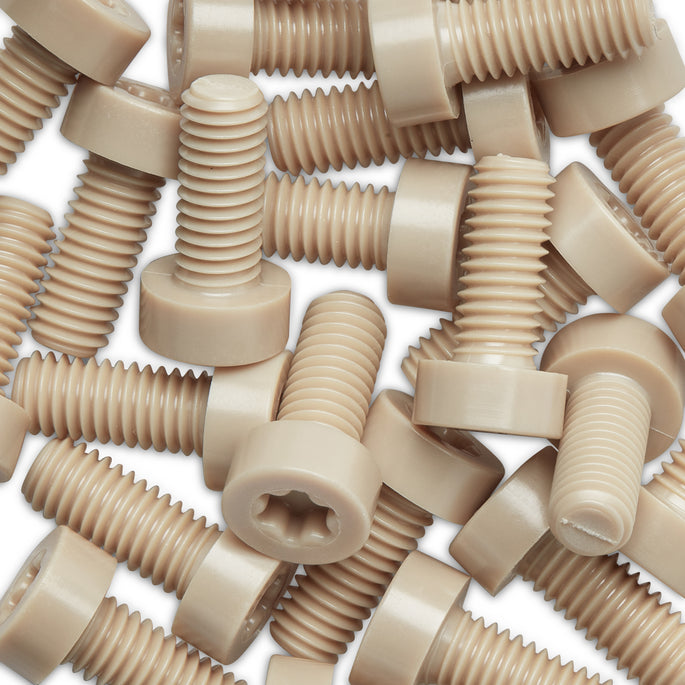
Types Of Corrosion Resistant Fasteners

Common applications of corrosion resistant fasteners
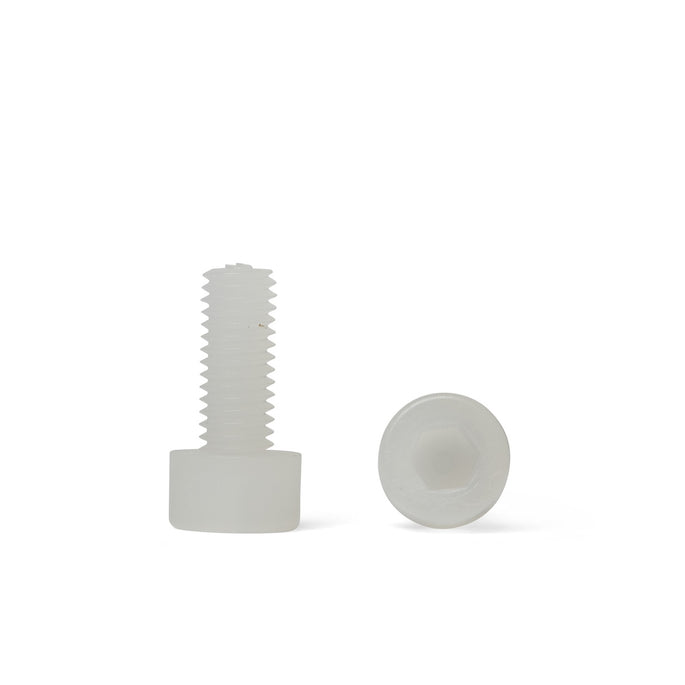
What makes polymers great corrosion resistant fasteners?
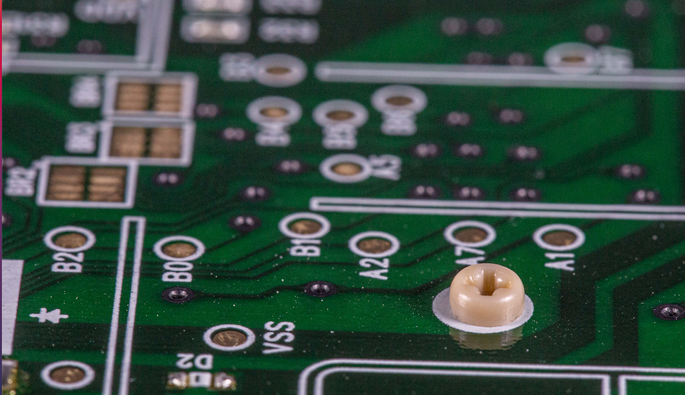
What Are The Benefits Of Corrosion Resistant Fasteners?
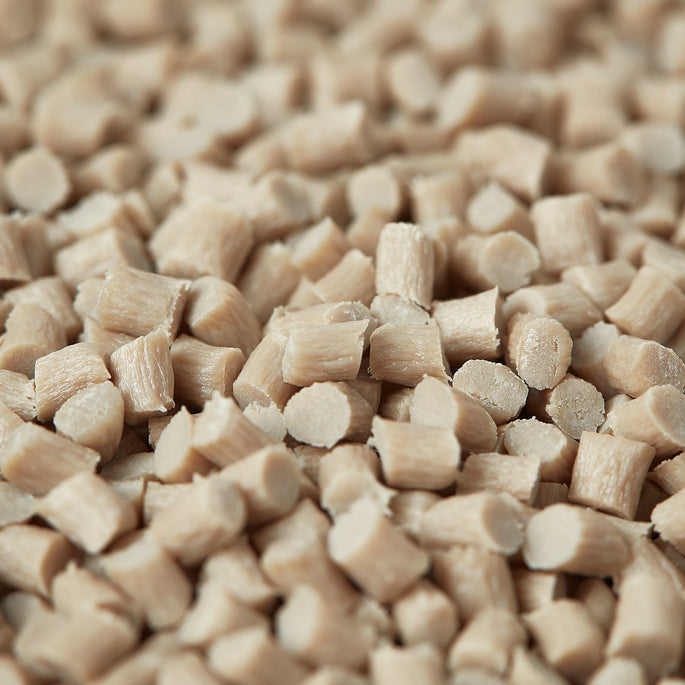
Other beneficial properties of corrosion resistant polymers
Les fixations en polymère résistant à la corrosion sont un type de fixation fabriqué à partir de polymères ou de matières plastiques résistantes à la corrosion. Ces fixations sont utilisées dans une large gamme d'applications où la corrosion peut être un problème, et elles offrent plusieurs avantages par rapport aux fixations métalliques traditionnelles.
L'un des principaux avantages des fixations en polymère résistant à la corrosion est leur légèreté et leur facilité de manipulation. Elles sont donc particulièrement adaptées aux applications où le poids est un problème, comme dans les secteurs de l'aérospatiale et de l'automobile. Les fixations en polymère sont également généralement plus faciles à installer que les fixations métalliques, car elles ne nécessitent pas d'outils ou d'équipements spécialisés.
En plus de leur légèreté et de leur facilité de manipulation, les fixations en polymère résistant à la corrosion offrent également de bonnes propriétés d'isolation électrique. Elles sont donc adaptées aux applications électriques et électroniques où l'isolation électrique est importante.
Il existe plusieurs types de fixations en polymère résistant à la corrosion, notamment les fixations en polyétheréthercétone (PEEK), les fixations en oxyde de polyphénylène (PPO) et les fixations en fluorure de polyvinylidène (PVDF). Les fixations en PEEK sont connues pour leurs excellentes propriétés mécaniques et thermiques, ce qui les rend adaptées à une utilisation dans une large gamme d'applications. Les fixations en PPO sont également connues pour leurs bonnes propriétés mécaniques et thermiques, ainsi que pour leur résistance aux rayons UV et aux intempéries. Les fixations en PVDF sont connues pour leur excellente résistance chimique, ce qui les rend adaptées à une utilisation dans des environnements corrosifs.
Outre ces types de fixations en polymère résistant à la corrosion, il existe également divers revêtements qui peuvent être appliqués aux fixations en polymère pour améliorer leur résistance à la corrosion. Ces revêtements peuvent inclure le zingage, la galvanisation et divers types de peintures et de revêtements. Ces revêtements fournissent une couche de protection supplémentaire à la fixation, contribuant ainsi à prévenir la corrosion et à prolonger la durée de vie de la fixation.
Plusieurs facteurs peuvent affecter la résistance à la corrosion d'une fixation en polymère, notamment le type de matériau polymère, l'environnement dans lequel il est utilisé et le type de revêtement appliqué. Il est important de prendre en compte ces facteurs lors de la sélection de fixations en polymère résistantes à la corrosion pour s'assurer qu'elles conviennent à l'application prévue.
Dans l’ensemble, les fixations en polymère résistant à la corrosion sont un type important de fixation qui est utilisé dans une large gamme d’applications où la corrosion peut être un problème. Ces fixations sont fabriquées à partir de matériaux polymères résistants à la corrosion et sont conçues pour prolonger la durée de vie de la fixation en empêchant la corrosion. Il existe plusieurs types de fixations en polymère résistant à la corrosion parmi lesquelles choisir, notamment les fixations PEEK, PPO et PVDF, ainsi que divers revêtements qui peuvent être appliqués aux fixations pour améliorer leur résistance à la corrosion.

